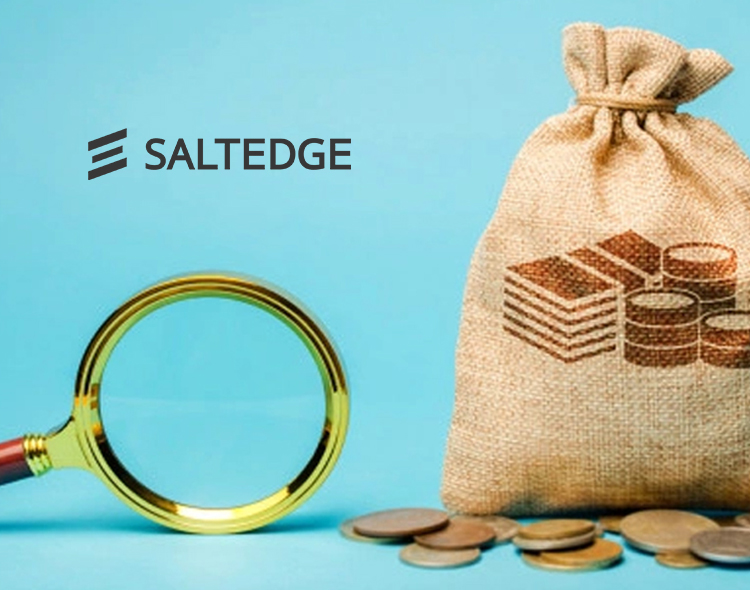Salt Edge, leader in developing open banking solutions, recognises that open banking is still not fully understood and appropriately leveraged by many businesses. Considering the businesses’ challenges in the COVID-19 era, open banking brings opportunities that may become real game-changers.
According to Dmitrii Barbasura, Salt Edge CEO, open banking solutions can be implemented in simple and accessible ways by any business to save resources, increase profit, and better plan their finances.
“Open banking grants businesses centralised access to their own or their customers’ data from any bank in any corner of the world, allowing them to leverage it in many ways. One may build apps around this data, collect it, translate it into financial behaviour insights. Making instant payments directly from the bank account without leaving the app is another PSD2 advantage. All these and more help businesses function better throughout all phases in enhancing revenue,” says Barbasura.
Read More: Amalgamated Bank Helps Launch Net Zero Banking Alliance
The first stage involves saving resources by optimising existing workflow and risk. Barbasura comments: “Having developed solutions for our clients worldwide, we’ve seen companies get rid of expensive, manual, repetitive processes and be able to focus on business development. For example, Salt Edge Open Banking Gateway enables businesses to automate their bookkeeping (including salaries, tax payments), provide automated access to financial information to auditors, potential investors, or tax authorities, and even get better loan rates. Another important advantage is receiving or sending payments with five to 10 times lower fees in seconds.”
Once resources are saved, businesses can focus on the second phase: increasing profit. There have been serious shifts in consumer behaviour in recent years, exacerbated by the pandemic. Most merchants, banks, and other service providers haven’t been interacting with customers as much as they used to pre-COVID. However, running machine learning algorithms on top of the fetched transaction data unveils interesting facts about customers’ new spending habits. Salt Edge’s Data Enrichment tools read and translate raw data into helpful insights, enabling companies to improve customer experience with tailor-made services and well- timed advice. With these value-added services, businesses upsell, cross-sell, and deliver what clients need. Dropout rates are reduced and marketing campaigns can be precisely-targeted, meaning businesses stop selling in the dark and gain competitive advantages.
Read More: Clearbanc Rebrands to Clearco, Announces US$100 Million Series C Funding
As a third step, companies must plan their financial future properly. Many businesses fail because they lack visibility and clarity over their capital and expenses, preventing them from properly preparing for the future. There are special PSD2-based tools helping companies confirm that plans can be funded, predict potential future difficulty, easily compile the required financial data to be presented to potential investors, and make well-informed financial decisions.
“Open banking brings great perks to businesses but leveraging them requires plenty of technical, compliance, and security matters that are overwhelming for a company alone to cover. Connecting by oneself even to one bank is somewhat similar to trying to overcome a labyrinth, spending endless human and time resources on it. Here’s where Salt Edge helps by taking care of all those aspects. It’s all about getting started.” says Barbasura.
Read More: Clearbanc Rebrands to Clearco, Announces US$100 Million Series C Funding
